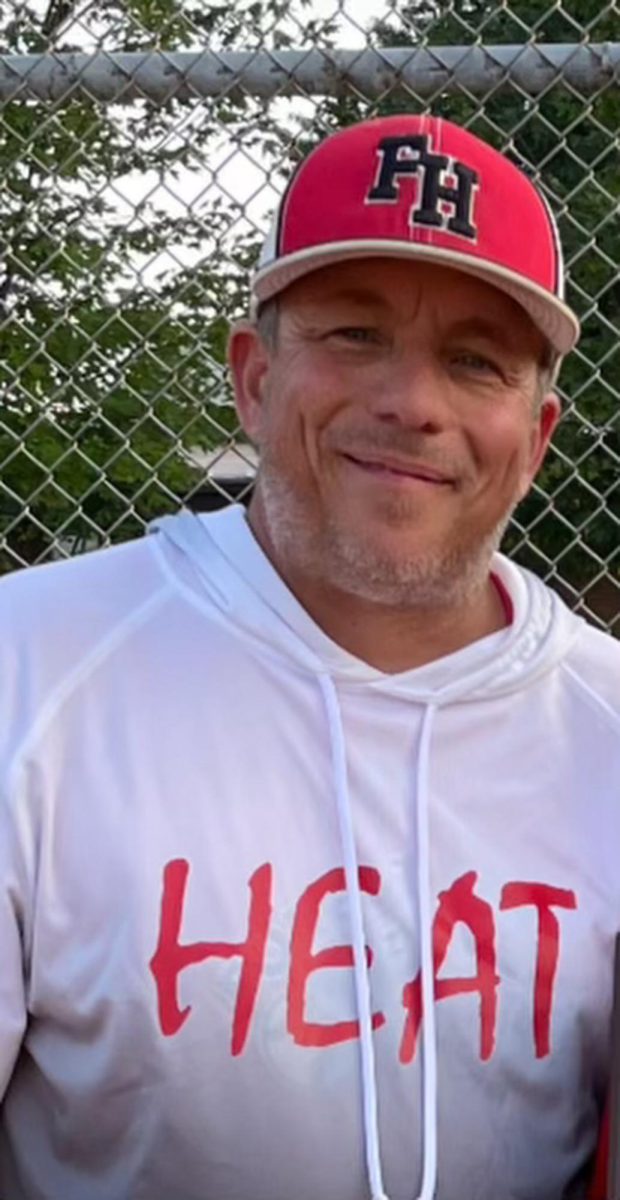According to the U.S. News & World Report, North Harford High School has 8.9 percent student minority enrollment. While the school has no control over this, students and staff continue to bring awareness to the differences that exist in and out of the classroom.
Senior Deola Bamidele says that as a minority, “it took some time to get used to [North Harford] and it was intimidating to be in a predominantly white school, but as [she] became a Hawk, [she got] used to it and just had to deal with it.”
Even in becoming a Hawk, the student still feels somewhat unsafe. This instability stems from “the things [she] hears students doing and saying which makes [her] uncomfortable.” For instance, some people would “use the n-word randomly, like it means nothing to them but it just makes me uncomfortable and unsafe.”
English teacher Mr. Michael James reports that “for the past month, [he feels] that there might be an uptick in things that are happening [and] what people are saying around” minority students. The teacher urges that “this is a public school, which means anyone is welcome to come here to learn, and just like you go to Wal-Mart, it is a public place. You can’t say things that are full of hate, and I think we have to help teach that in school. There are certain things you cannot say. It doesn’t matter what is said at home. There are just certain things you cannot say in school.”
Sophomore Mia Siegel has also experienced many incidents related to her sexual orientation. She explains that “multiple times [she has] had slurs thrown at [her], been told [that she’s] ‘going to hell.’” Siegel also thinks that the staff finds “it hard to sometimes to see all the things that happen in their classes.” She believes that “a lot of the time, this is because teachers might not pick on the subtle ways of being mean there are.” This is why James stresses that “we still have to figure out how to address [hate speech].”
James feels the “cultural shift where some students in the school feel ‘it’s okay’ to [verbally attack other students], and I think that we have to come up with a way that faculty and students can say ‘Hey, this is what’s happening to me,’ and I don’t think we’re there yet.” The sophomore agrees with this, saying, “the system is so flawed it has no effect.” Yet, the student is hopeful that “the new system of reporting these aggressions [show] different teachers and administration…patterns in the behavior of students.”
Special educator Ms. Thandiwe Tembo is trying to “get teachers more comfortable with reporting and using the micro-aggression survey.” The sophomore seconds this solution saying “if you see something, say something. Every member of NHHS staff has access to this form, which means any member or staff could take action.” Still, Siegel emphasizes that “North Harford is mostly positive, but no matter where you are, there will be people who are going through something.”










